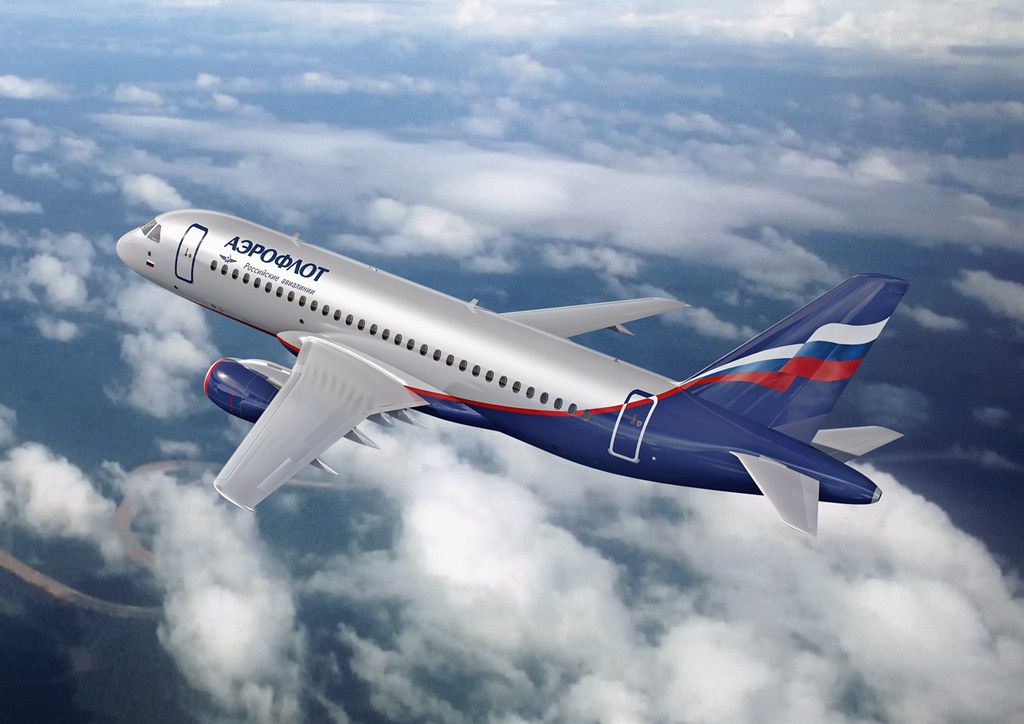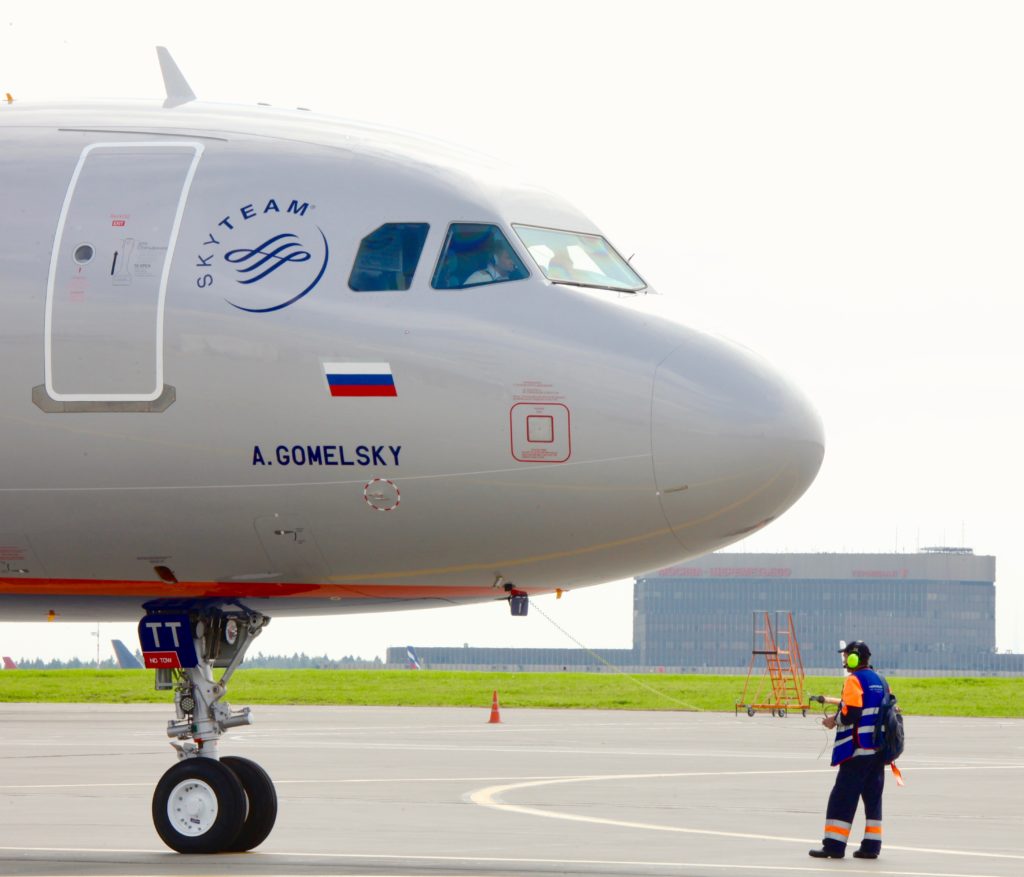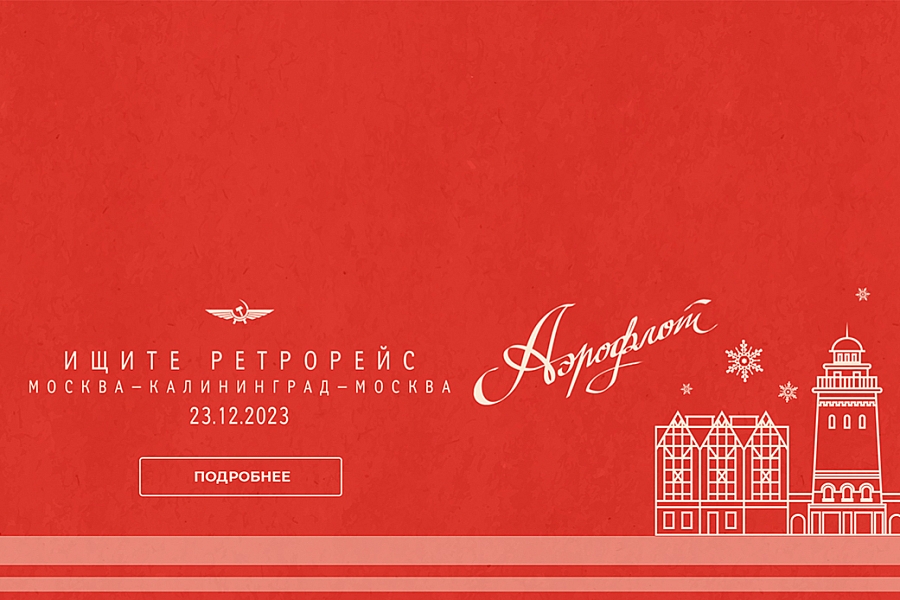Recently, the Board of Directors of PJSC Aeroflot (Moscow Exchange ticker: AFLT) held a meeting, which was chaired by Evgeny Ditrich.
The agenda of the meeting included the following:
IT development at Aeroflot Group in 2019-2021. In 2018, the Group successfully achieved key goals of its IT strategy and made significant progress in technology development. The key areas of the IT strategy include: development of the website, increasing the role of mobile devices for both passengers and staff, as well as the “Automated Airport” project. The Group’stax function is undergoing a digital transformation, with its one-of-a-kind”tax monitoring” project receiving high marks for its efficiency and beingpresented to the Prime Minister of Russia Dmitry Medvedev. Online salescontinue their active growth: in 2018 the total share of online sales reached 36.80%. With annual online sales of RUB 195 billion, Aeroflot Group’s website remains one of the leading online stores in Russia. The Control Tower crisis management portal predicts the risk of crisis situations and provides recommendations on how to resolve them. The Group expects a positive impact from adoption of a system that provides intellectual support for aircraft operation. The Company continues to focus on Big Data and Machine Learning technologies, as well as on optimising work with its client base through personalisation. For a number of years now Aeroflot ranks fourth among airlines globally by its level of digitalisation, according to Bain & Company consulting. The 2019-2020 the IT strategy will enable the Company to further strengthen its leading market position.
Aeroflot Group’s booking system. Aeroflot Group airlines use modern Russian and international ticket booking systems. As part of a strategy to transfer the systems to cloud services, PJSC Aeroflot together with its system suppliers developed a roadmap to launch a new generation digital platform in Russia that would comply with all the relevant business and legal requirements.
Airport fees. In 2018, Aeroflot Group’s airport fee expenses increased due to higher airport fees abroad and in Russia, where airport fees are growing faster than inflation. The highest fee growth was for services that are not regulated by the Federal Antimonopoly Service (FAS). An increase in the number of ground handling tariffs regulated by FAS will help mitigate the high growth in prices for unregulated services. The Board noted that the creation of a competitive environment will be a prerequisite for the development of airport infrastructure, improving the quality of services, as well as reducing costs. The government’s role is envisioned as being to create mechanisms that would foster competition in airports.
Financial hedging. The Board decided to approve an approach to hedging fuel price risks on an annual basis in order to reduce risks, and to ensure more stable financial performance when market conditions require.
PJSC Aeroflot’s incentive system. The Board decided to approve and recommend that the next Annual General meeting of shareholders scheduled for 25 June 2019 approves proposals aimed at improving PJSC Aeroflot’s incentive system.






